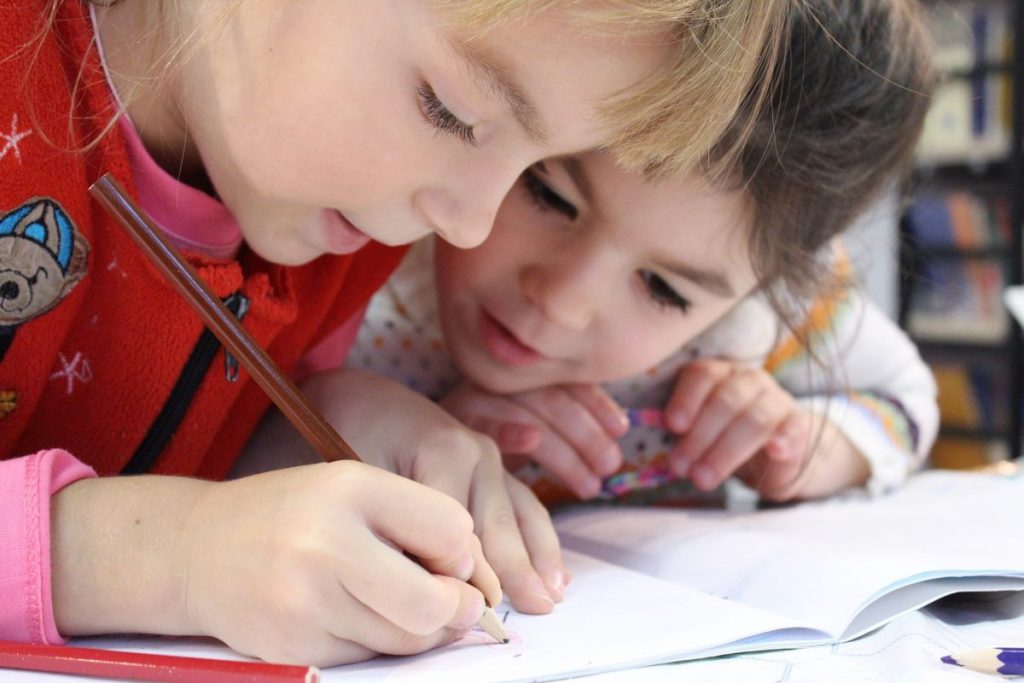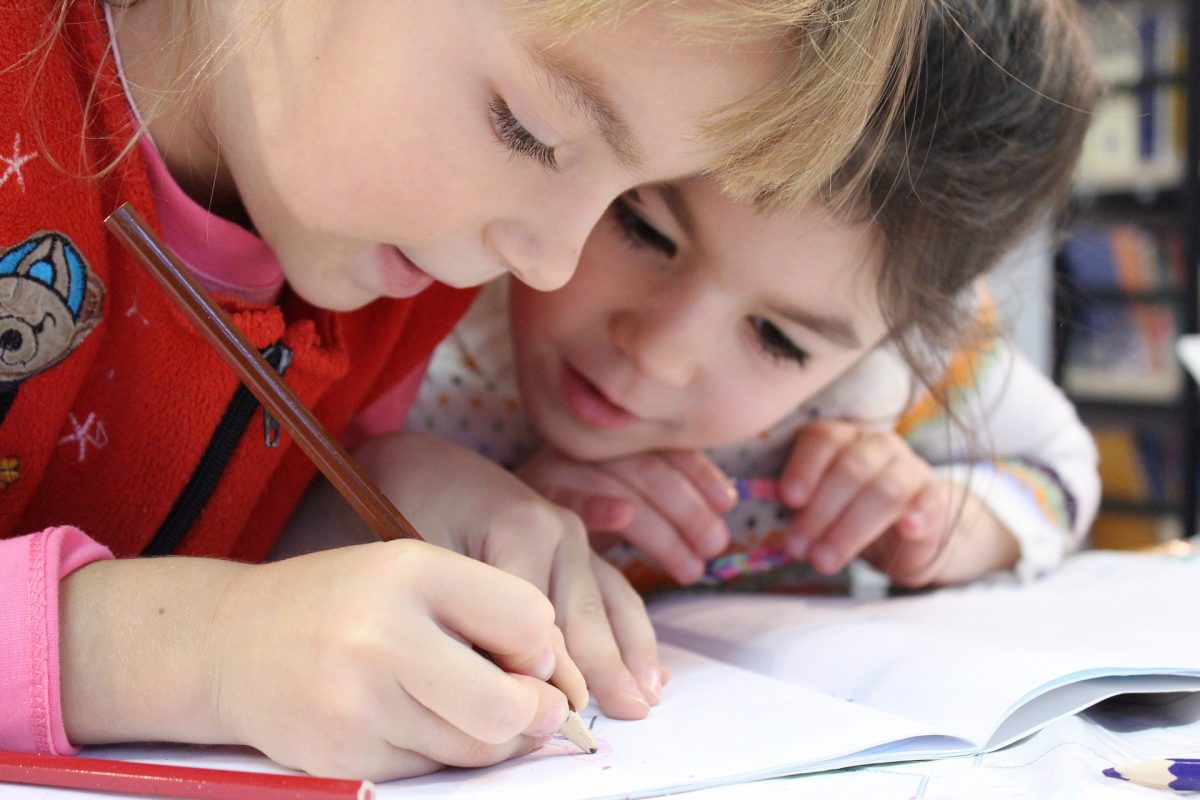
Recently, a friend lent me a book of poems written by children. Sifting through the pages, we alternated between stunned silence and riotous laughter. The emotional acuity these children—some as young as four—were able to convey, and with such simple language, absolutely floored me.
THE NIGHT by Amy Goodman, age 11
As I curl up to go to sleep
I have such lovely thoughts
The darkness of my room
The warmness of my bed
And what the day has brought
UNTITLED by Mona Thomas, age 11
A little white mouse
Playing upon a sunbeam
Then sliding back down.
Because we see knowledge of life’s pitfalls as necessary to understanding life itself, we often characterize children as ignorant. This is a misjudgment. Children possess a heightened awareness of their feelings and self-worth. They are unencumbered by imagined insecurities. They exist entirely in the present. They remind us what is real and important, and what is ultimately insignificant.
Lately I’ve been wondering if it’s possible to reconcile childishness and adulthood. On one hand, we have our president—a wildly emotional, stunningly ignorant person who is more tantrum factory than diplomat. This is not what I’m talking about.
I believe the thing I am searching for is mindfulness. Mindfulness has gained significant popularity in Western cultures, but its roots are in Buddhist ideology. One component of Buddhist mindfulness is vipassana, which is insight into the true nature of reality. This necessitates an understanding of the three marks of existence: impermanence, suffering and the realization of the non-self.
I’ve heard it said that once we experience childhood, we spend the rest of our lives attempting to return to that state of vulnerable, fearless loving. The pursuit of mindfulness, especially vipassana, underlies this point. Children demonstrate an awareness of impermanence, suffering and the non-self when they fictionalize, emote freely and become consumed in every moment. I can’t say the same for adults.
Nor can I explain why our awareness grows lackluster as we mature. Perhaps the human intellect, in all of its perceived superiority, is committing a disservice in this sense. Perhaps our ability to intellectualize every little thing doesn’t bring us more freedom than simply accepting all that comes our way.
MY POEM by Ethyl Hewell, age 11
My poem is full of joy
And full of hope.
I love my poem.
I enjoy reading it
While I am alone.
I forget my sorrows and
My happiness comes along.
HURTING by Benny Graves, age 6
It doesn’t hurt no place when I’m sad
I just know I’m sad.
PLAYING by Pauline Costello, age 5
When I was playing
I said to myself
“I’m all alone
And no one comes.”
So I go and see
What they are doing.
Each of the above poems is a lesson in acceptance. Accept your work. Accept your feelings. Accept yourself, even when others do not flock to you.
Richter Library hosts mindfulness sessions throughout the year, and the counseling center is a great resource for students looking to overcome emotional hurdles, or simply become more grounded. We are utterly capable of achieving everything we want. Let us stay present and grateful, and remember these lessons during the course of this coming year.
Mackenzie Karbon is a junior majoring in jazz performance. Here’s That Rainy Day runs the third Tuesday of each month.







